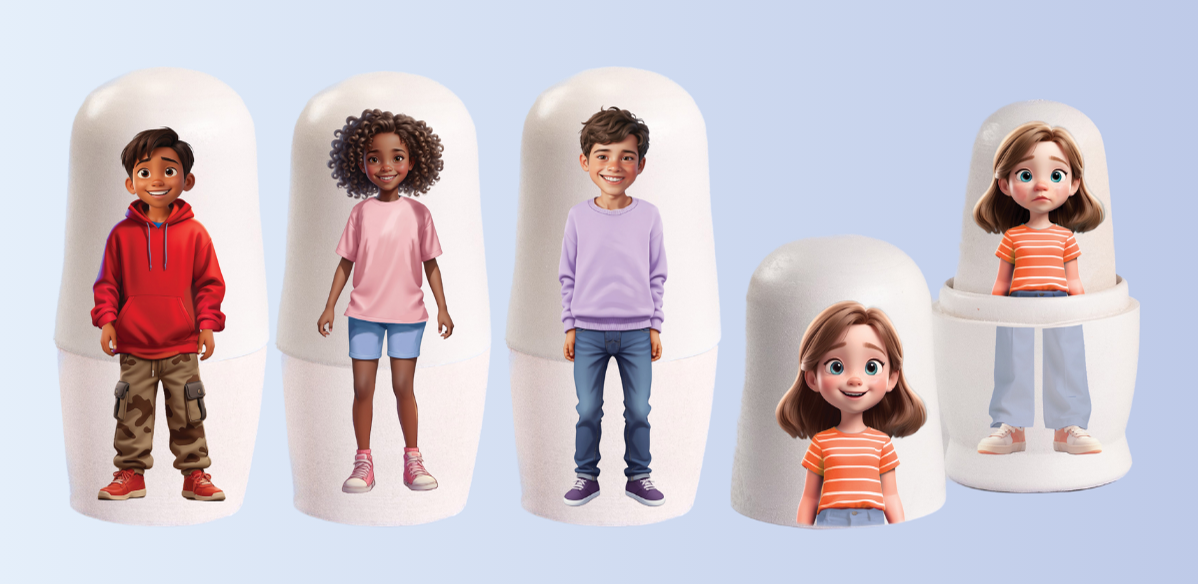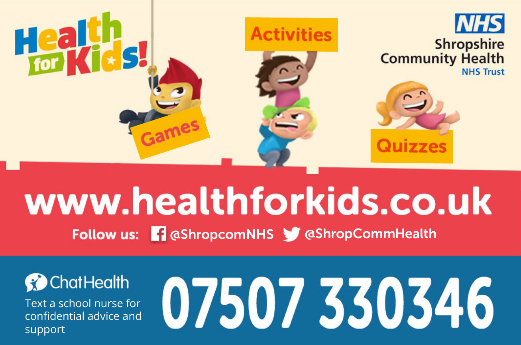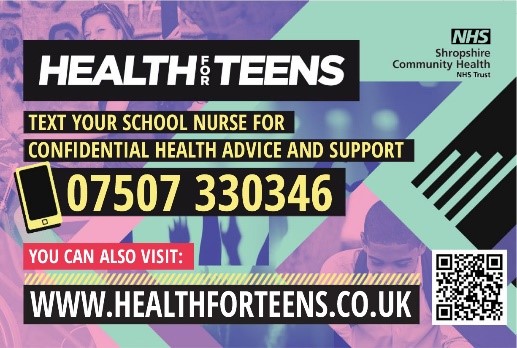Any trusted adult: someone your child considers to be a safe figure that listens without judgement, agenda or expectation, but with the sole purpose of supporting in and encouraging positivity. This person could be someone in their school, in their community or in their wider family.
People your child/young person can talk to
Talk to your child about feeling lonely. Keep it light – show an interest in their friends and ask how they feel about them.
- Let them know it’s okay to be alone sometimes. We all feel lonely from time to time: it doesn’t make them a failure.
- Validate their feelings if your child says they’re lonely. Phrases like 'I can see why that would be painful' help them feel heard.
- Ask them questions that gets them thinking about why they may feel this way and what they can do to change it.
- Affirm and ask. Affirm them by saying ‘I’m here for you‘ and ask them a question to see what you can do to help.
- Encourage them to reach out when they’re feeling down, that might be to you, another friend, a family member, a trusted adult or a support service.
See below for a range of people and organisations that are there to support young people.

A trusted adult in school, such as:
- A member of staff or some from the student support / pastoral team.
- School counsellors, if available, provide a safe space within school for children to discuss and address concerns and worries.
- Mental Health Support Teams. Available in some schools in Shropshire, Telford and Wrekin, these teams work with Mental Health Leads in schools to provide targeted support to vulnerable pupils, with the aim of addressing issues at an earlier stage and preventing them from becoming more serious.
School nurses are specialist community public health nurses (SCPHN) who work with school-aged children and young people and their families. School Nurses can offer advice and support around any area of emotional, physical or developmental health. Text your school nurse for confidential health advice and support:
- Shropshire: 07507 330346
- Telford and Wrekin: 0333 358 3328
You can also visit: www.healthforteens.co.uk or www.healthforkids.co.uk


Children & Young People Social Prescribers is a free and confidential service that connects people to activities, groups, and services in their community to help them improve their health and well-being.
It is available for those in Shropshire schools, year 7 and above. Children aged 11 and above can self-refer by calling 0345 678 9028 Monday to Friday (9am to 5pm) and selecting the self-referral to Social Prescribing option. Or you can e-mail healthylives@shropshire.gov.uk with the subject 'Social Prescribing self-referral’. Alternatively, you can ask for a referral from your school.
To find out more read Shropshire Council’s social prescribing for young people leaflet.
- Early Help, sometimes known as early intervention, is an approach to providing children, young people and families with support to thrive and reach their full potential. Early Help supports families at the earliest point when they first have challenges, stopping problems from escalating. For more information see:
- Shropshire Council – Early Help Family Practitioners call 0345 6789021
- Telford & Wrekin Council – Early Intervention Practitioners call 01952 385465
- BeeU Service Direct telephone support. BeeU provides emotional wellbeing and mental health services for children and young people (ages 0 to 25) in Shropshire, Telford and Wrekin – call 0808 196 4501, MPFT’s Freephone helpline available 24/7 for people of all ages seeking mental health support.
- Kooth is a really good website which offers counselling and support by text, email or by chatting on the forum. It is an online emotional wellbeing community for children and young people aged 11 to 25 offering 24/7 free emotional support on an anonymous basis.




